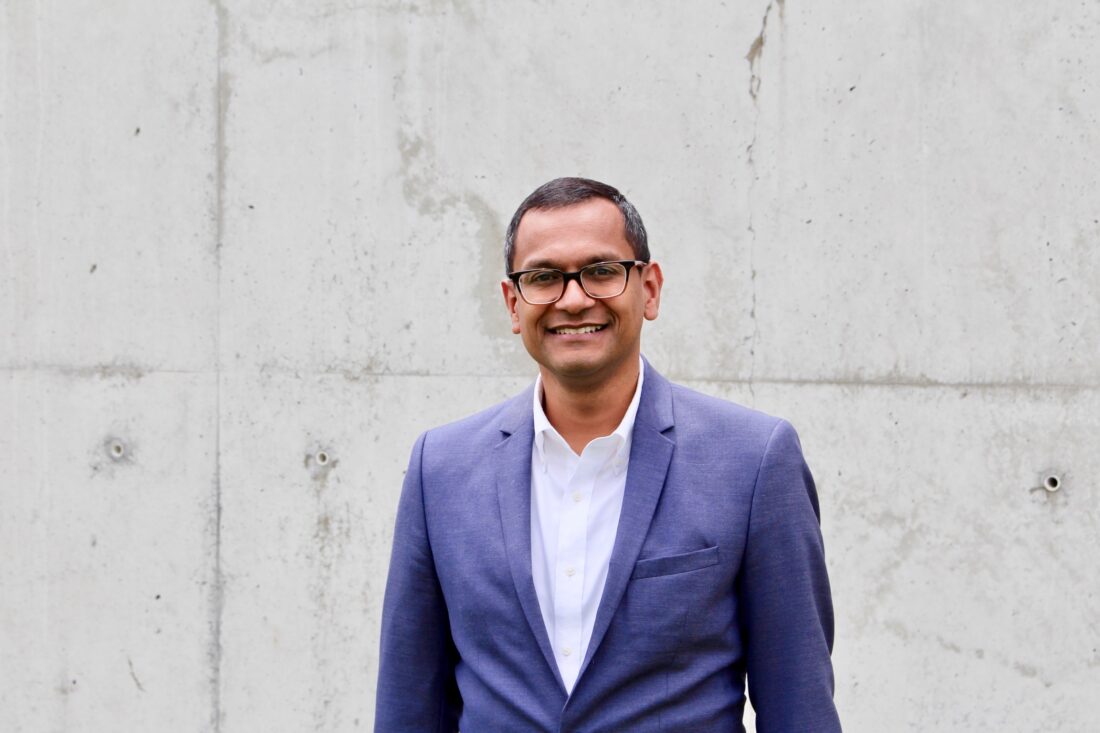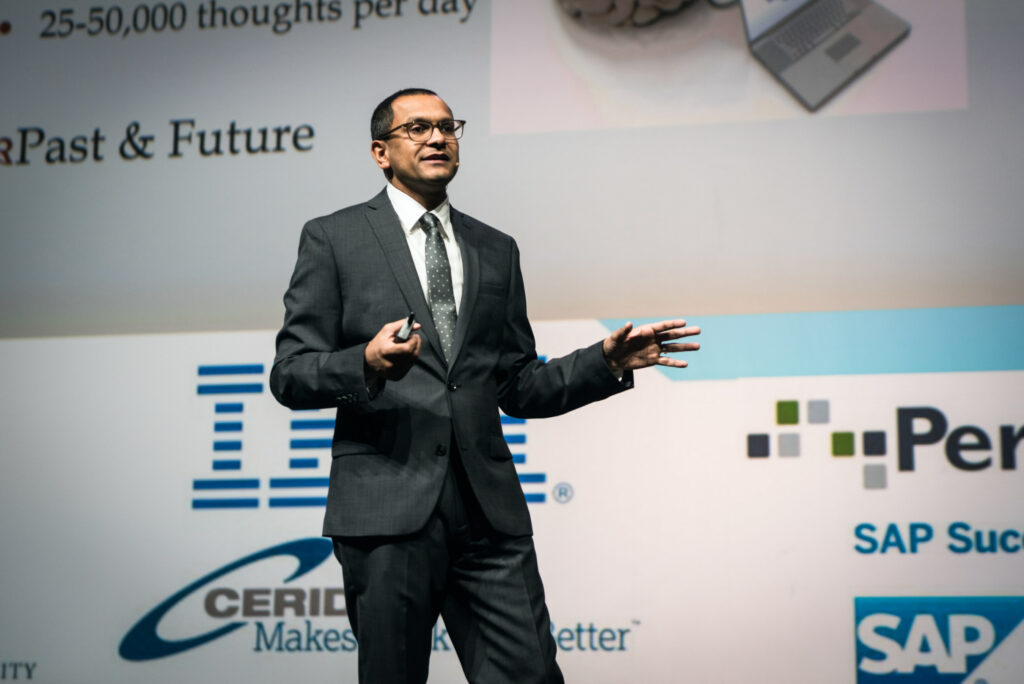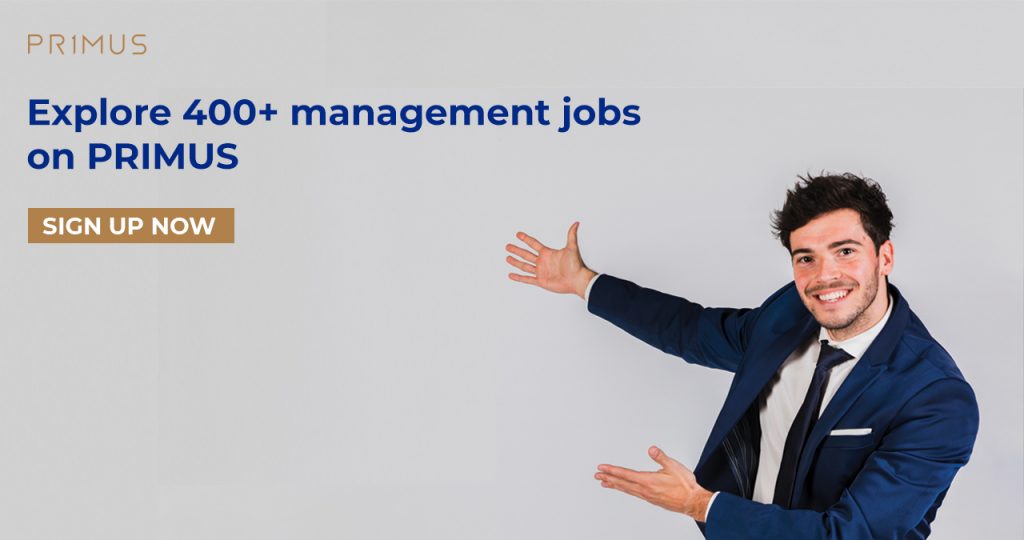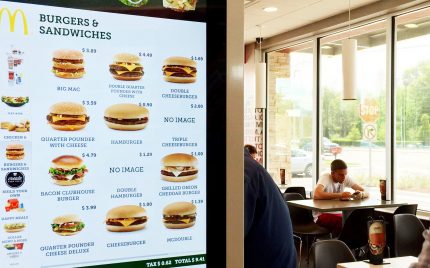
Pandit Dasa is a former monk who has taught companies in the US how to balance work and life and live a healthier, more stress-free life. Living as a monk for 15 years has given Pandit a unique perspective on mindfulness. With over 16,000 hours of personal mindfulness practice, Pandit knows how to inspire others to create a growth and self-improvement mindset. Pandit moves the idea of mindfulness into the corporate sphere by encouraging employers and employees to take steps to achieve a healthier work atmosphere for greater success and productivity.
Jill Griffin, a writer on jobs, careers, board services, and the workplace, had the opportunity to interview Pandit Dasa recently. Here are some highlights of that interview.
When Pandit Dasa started seven years ago, it was not a prominent topic. That was yoga 20 years ago. So people are not sure what it means. Is it something that belongs to an organization? Is it appropriate? Does it have a religious affiliation? And then, Dasa was originally a monk, so he had to be even more cautious. Over the years, Dasa has seen a big change, even just in the last year. He has given several talks at NASA, the London Stock Exchange, IBM, Google, Citibank and a series of about 30 talks for Kellogg in their worldwide offices.

There are different messages Dasa usually conveys to his listeners, but he thought he’d share with you what he’s focused on during the past two years during the pandemic. The main reason they call him is that people are going through a lot of stress, anxiety due to uncertainty and high levels of fatigue. And of course, we are in the age of this Great Resignation. Everyone is off work.
Management is trying to figure out how to keep their employees happy. So they brought Dasa in and let him talk to them about sanity, resilience, work-life balance, and how you can help your employees achieve these.
Dasa thinks topics around mental health are becoming more prominent. People feel brave enough to talk about it and realize that “I need a mental health day” and “I need a little break for my own mental health.” When he talks to them, he talks about the nature of our mind, and how our mind is like smart device. A smart device that works optimally when you close the app. If we can close the apps in our mind, the ones we don’t need, we can function ideally, efficiently and focused. Dasa offers many tips on how organizations, managers, and employees can perform different aspects. They just apply different habits and practices to their own lives, to improve work-life balance.
For example, make sure they get enough sleep because what research says happens to us if we don’t get enough sleep on a regular basis. And then he offers a variety of tips on how they can improve the quality of their sleep. During this time when we don’t see each other and when we can’t stop by each other’s study or office and go out for coffee or lunch together, it’s important that we continue checking in with each other, even if it’s a video call and just a personal conversation with a coworker. Continue to work on developing that positive relationship because without a positive relationship, trust will only break and then the partnership will cease to exist.
At the end of the interview, Pandit Dasa left us some useful advice. A key message that I think people will like is “put on your own oxygen mask before helping others”. That is really the key. And when the airline industry does that, they don’t tell us they’re selfish, they’re being realistic. Because if we get eliminated, we won’t be able to help anyone.
Source: Forbes
——————————————–
>> Explore the top management jobs today or refer suitable candidates
>> View more: How To Transform Your Mindset From Powerless To Powerful, Even When It Feels Impossible
>> View more: What Should Managers Do Towards Executive Management in 2022?
PRIMUS – TOP MANAGEMENT JOBS ONLY






